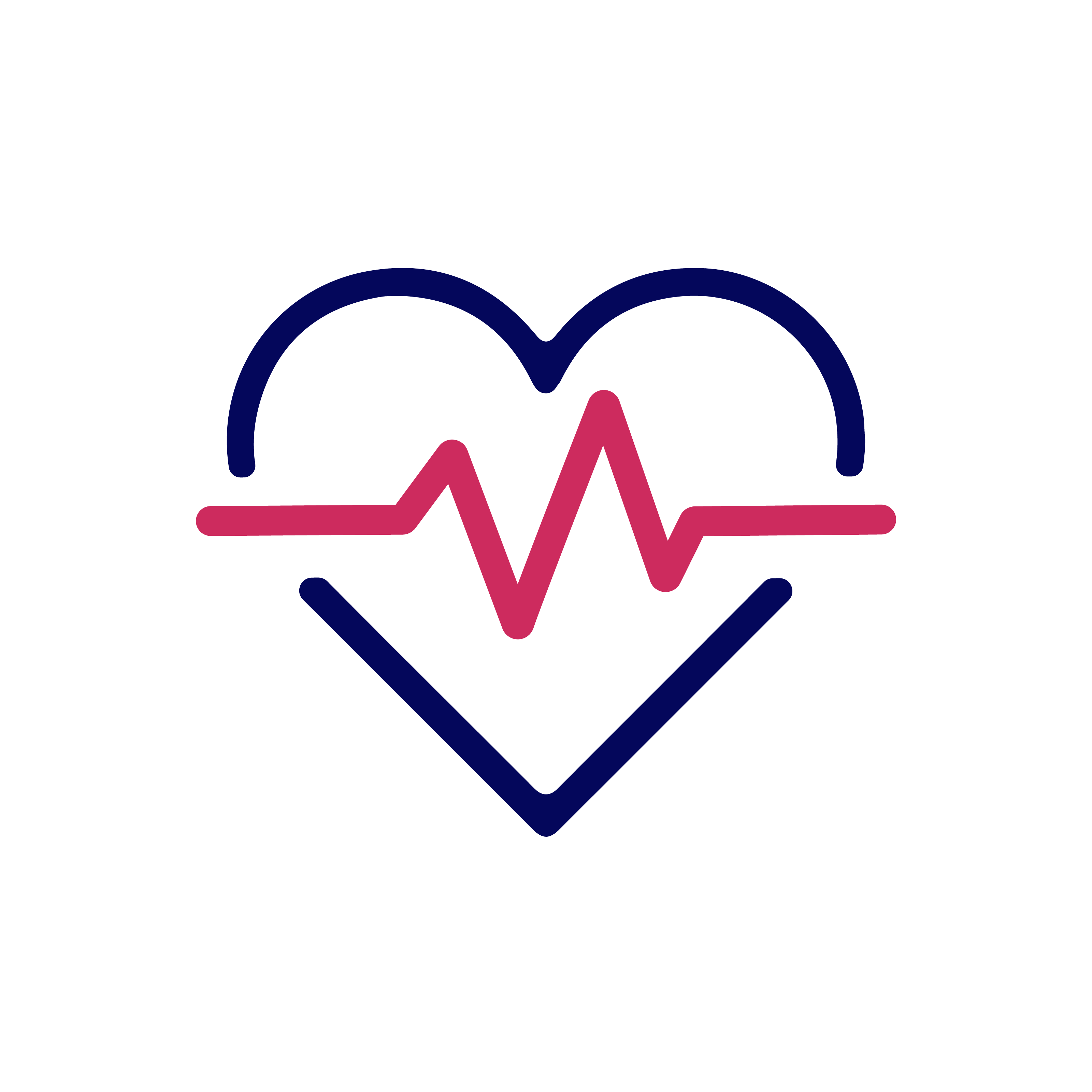
Burnout and fatigue in the workplace
Understand how to identify and manage burnout and fatigue in the workplace. Explore steps employers can take to improve wellbeing and productivity.
Spotting signs and symptoms of burnout and fatigue
Early support can prevent burnout from escalating.
Managers and colleagues should look out for:
-

Physical symptoms
- feeling tired or exhausted most of the time
- reoccurring insomnia and sleep disturbances
- frequent headaches
- muscle or joint pain
- feeling sick or loss of appetite
- frequent illness
- high blood pressure
- breathing issues
-

Emotional symptoms
- feeling helpless/trapped/defeated
- self-doubt
- feeling detached and alone in the world
- feeling overwhelmed
- feeling demotivated/negative
- lacking sense of satisfaction
- lacking sense of achievement
- loss of interest and enjoyment
- persistent feeling of dread and worry
-

Behavioural symptoms
- procrastinating
- taking longer to complete things
- difficulty concentrating
- decreased output and productivity
- becoming isolated and withdrawn
- reliant on food or alcohol/drugs to cope
- irritable and short-tempered
- being late for work
- higher absenteeism
Page last reviewed: 8th August 2025
